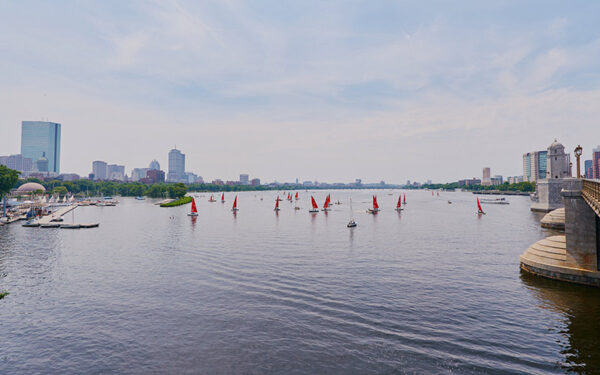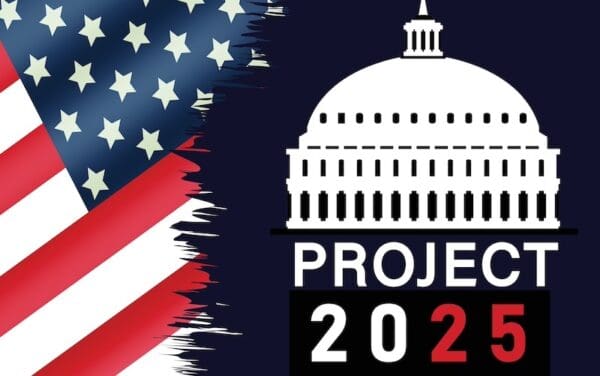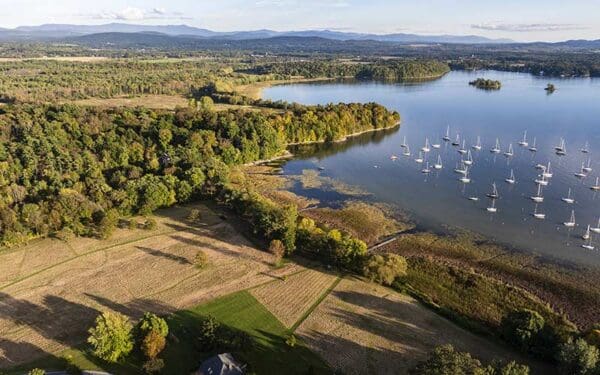One Family’s Fight to Hold Polluters Accountable
When Ana Quezada and her husband first bought their South Providence home 10 years ago, they were thrilled about the large pond bordering their backyard. It was only after they moved in that they learned the truth: that Mashapaug Pond is so contaminated from industrial and stormwater pollution that it’s been closed to fishing and swimming for decades. “We were so disappointed, because we thought we were going to be able to swim and fish at the pond as a family,” she says. “We had planned to build stairs down to the water. Instead, we had to build a fence to keep our children safe from the contamination.”
Mashapaug Pond is surrounded on all sides by pavement. When it rains, storm runoff from nearby businesses and homes sends a filthy soup of gasoline, oil, chemicals, and other pollutants into the pond. This toxic soup then flows into more waterbodies downstream – the ponds in Roger Williams Park, the Pawtuxet River, and Narragansett Bay. “People don’t know how contaminated [Mashapaug Pond] is and how it sends the same contamination to other parts of the city,” Quezada says.
Despite their known (and documented) contributions to Mashapaug Pond’s pollution, most nearby business owners have not been required to do anything about it. Instead, the cash-strapped cities of Providence and Cranston – and, by extension, tax-paying city residents – bear the entire responsibility and cost of managing stormwater flow into the pond.
In February, CLF notified the Environmental Protection Agency that it intended to file suit to force the agency to hold industrial polluters accountable for the costs, and clean up, of their stormwater pollution. “EPA has identified many properties around the state that contribute significantly to the stormwater pollution that is degrading our waterbodies,” says Tricia Jedele, Vice President and Director, CLF Rhode Island. “But the agency has failed to take the necessary steps to hold them accountable.”
A successful outcome in the suit will ensure that those industrial polluters will finally be required to obtain permits to discharge stormwater – a critical first step in restoring Mashapaug Pond to health. But stormwater pollution isn’t a problem just in Rhode Island – it’s the biggest threat to clean water across all of New England, says Christopher Kilian, Vice President for Clean Water and Healthy Forests. “Everyone who is responsible for stormwater runoff needs to own the problem or we as a New England community will not be able to solve this serious issue,” he says.
For Quezada, a successful lawsuit would mean that the vision she once had of happy family outings by the water might one day come true. “A house near a polluted lake is not the legacy I want to leave my children and grandchildren.”



